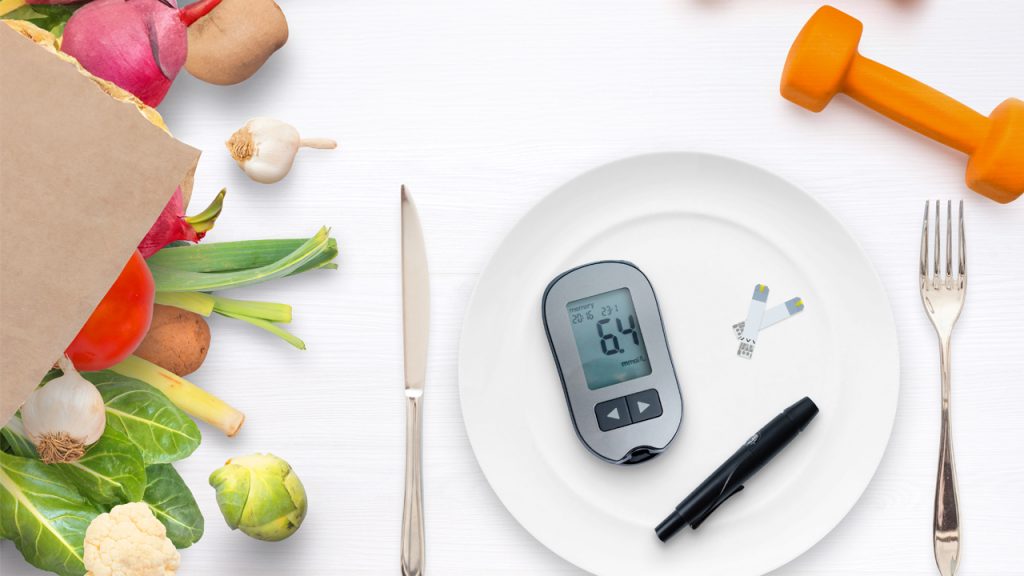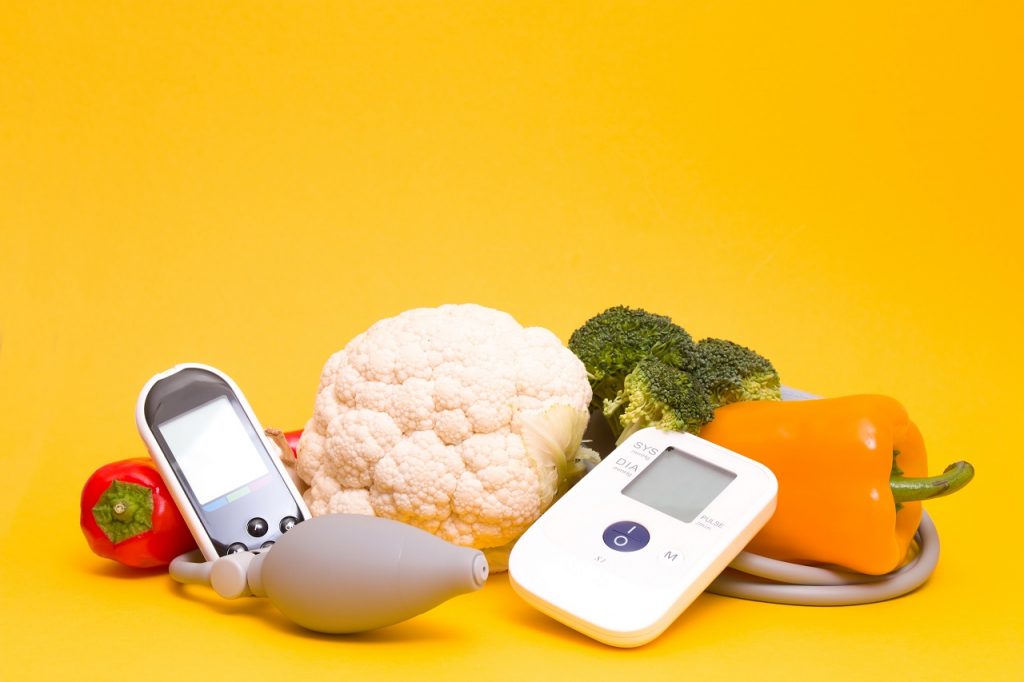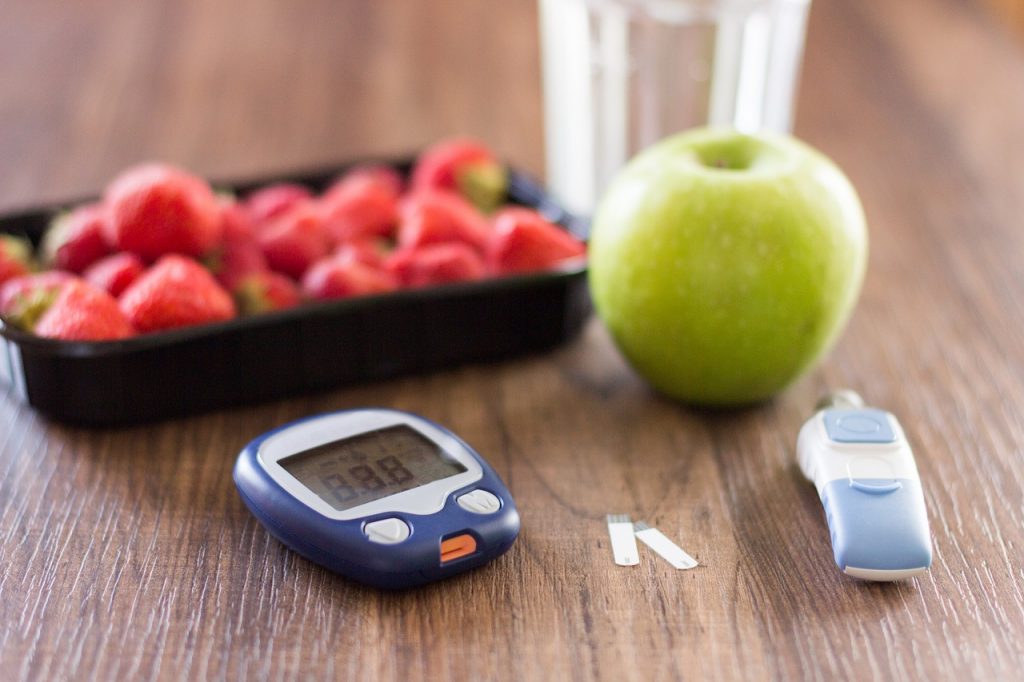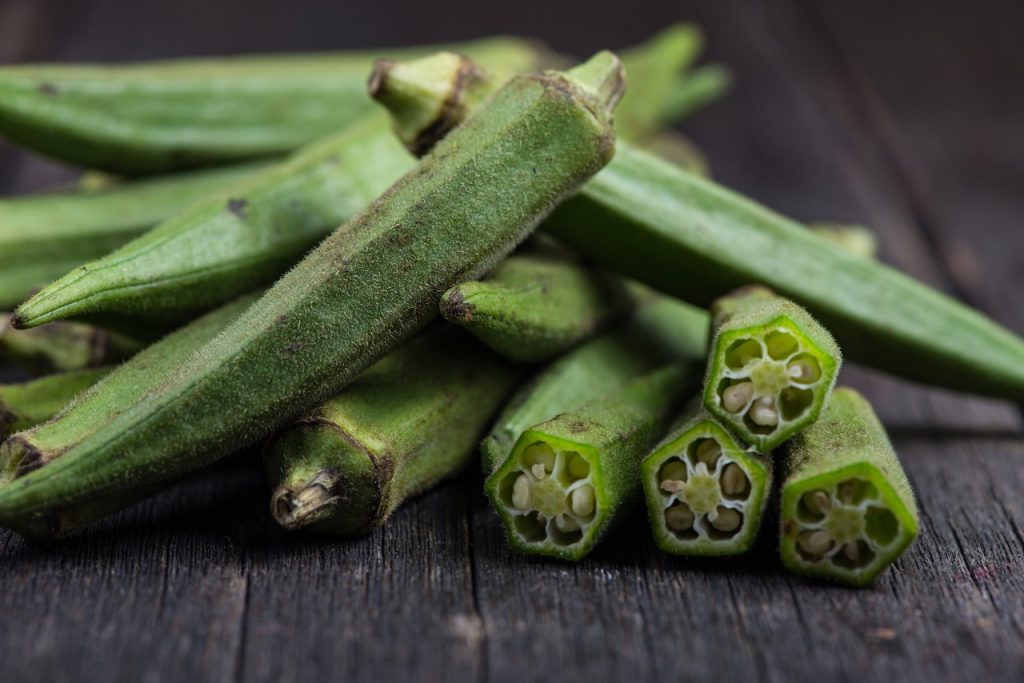
Diabetes is a chronic metabolic disorder that impairs the body’s ability to regulate blood sugar levels. In recent years, the global prevalence of diabetes has surged, with nearly one in ten people affected, making it one of the fastest-growing lifestyle disorders. It’s also a contributor to other health issues such as heart disease, obesity, retinopathy, and nephropathy. However, with lifestyle modifications like improved diet, increased physical activity, stress management, and proper sleep, along with timely medication, it is possible to reverse this condition.
Let us explore some basic food groups and functional foods that can be integrated into daily meals to help prevent blood sugar spikes:
Whole Grains: Oats, millets, brown rice, buckwheat, and quinoa are rich in fiber and complex carbohydrates, slowing digestion and controlling blood sugar.
First-Class Proteins: Dried beans, lentils, yogurt, non-fat milk, nuts, seeds, eggs, lean meats, and especially fatty fish, which are rich in Omega-3 fatty acids, are excellent sources of high-quality protein. These foods not only help you feel fuller for longer, thus reducing carbohydrate consumption during meals, but the Omega-3 fatty acids they contain also help prevent various heart diseases.
Fruits: All fruits are suitable for consumption, but it is crucial to control portion sizes and consume them at appropriate times of the day, separate from main meals.
Vegetables: Both starchy and non-starchy types, particularly leafy greens, are low in carbohydrates and ideal for controlling overeating and post-meal sugar spikes.
Healthy Fats: Avocados, olive oil, nuts, fatty fish, flaxseeds, and cold-pressed oils are heart-healthy and help mitigate complications from diabetes.
Key spices from the kitchen also play a vital role in managing blood sugar levels:
Cinnamon: Commonly used in Indian cooking, just 1/4th teaspoon of cinnamon can enhance insulin release and improve insulin sensitivity.
Garlic: Rich in Vitamin B6 and Vitamin C, garlic aids carbohydrate metabolism and acts as a powerful antioxidant to prevent diabetes onset.
Turmeric: Known for its anti-inflammatory properties, turmeric helps reduce the oxidative stress associated with diabetes.
When managing diabetes, consider these three key elements:
Portion Control: Essential in managing intake of the beneficial foods without overindulging.
Type of Food: Adhering to the ‘My Plate’ concept, meals should consist of about 50% fiber (vegetables), 25% proteins, 10-15% fats, and minimal carbohydrates.
Meal Frequency and Timing: Spread your daily intake across two or three main meals to maintain consistent energy levels and prevent blood sugar spikes.
Incorporating the right food choices, engaging in daily physical activity, and maintaining a regular sleep schedule are fundamental strategies for preventing and potentially reversing diabetes.
We hope this article helps you. For further information or guidance, reach out to our certified experts by subscribing to GOQii’s Personalised Health Coaching here.
#BeTheForce

 Moderation is key – this holds true for everybody and everything, especially if you are suffering from or trying to manage diabetes. There is no specific diet plan or pattern for Diabetes. It’s the small changes that you make with foods which help you manage your blood sugar better.
Moderation is key – this holds true for everybody and everything, especially if you are suffering from or trying to manage diabetes. There is no specific diet plan or pattern for Diabetes. It’s the small changes that you make with foods which help you manage your blood sugar better. Locally, Okra is known as Bhindi (Hindi) or Lady’s Finger. I am sure, besides all the delicious recipes, you might have also heard that Okra can control blood sugar naturally. So, is it scientifically true? Let us explore!
Locally, Okra is known as Bhindi (Hindi) or Lady’s Finger. I am sure, besides all the delicious recipes, you might have also heard that Okra can control blood sugar naturally. So, is it scientifically true? Let us explore!


